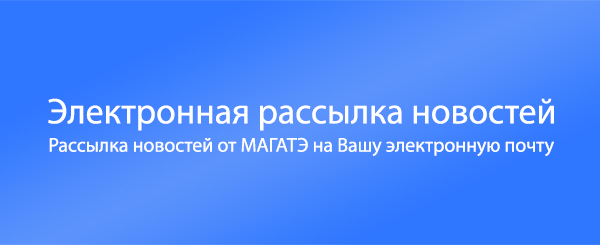Radiation and Health

Vol. 33-2
06.1991
The radiological impact of the Chernobyl nuclear plant accident in April 1986 was not limited to the Soviet Union, but was felt widely in the northern hemisphere. As a result, national authorities in many countries took steps to safeguard public health. A number of them asked the IAEA to support their efforts, and over the past 5 years various national and regional technical assistance projects have been established. This article presents an overview of the type of assistance that was requested, and takes a closer look at the situation in selected IAEA Member States. Case histories of Turkey and Iceland are presented in some detail since they reflect two typical, yet different situations. On the one hand, Turkey was significantly affected by the Chernobyl accident, since the fallout seriously affected the wholesomeness of a number of food products or feedstuffs. Iceland, on the other hand, was little affected directly. However, the authorities realized that they had no established infrastructure to control the level of radioactivity in agricultural produce or seafood, rendering them unable to certify a satisfactory radiohygienic quality either to their own population or to their trading partners

